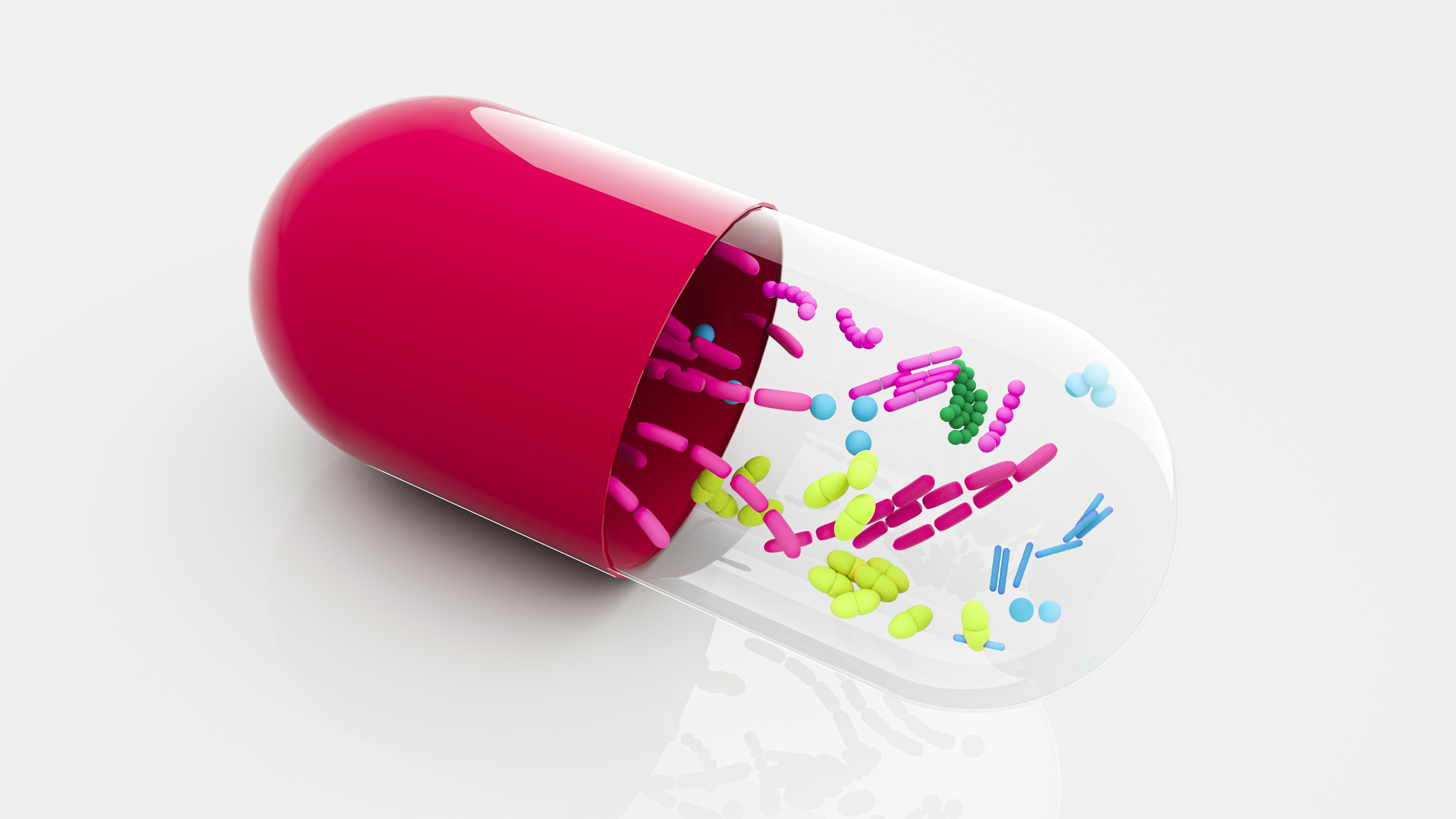
The connection between the brain and the gut has long intrigued scientists. Plenty of research suggests that the trillions of bacteria living in our guts influence our mental health. But the mechanisms underlying this connection, and the specific microbes at play, have been difficult to parse. But research out this week might have pinned down one key player.
A paper published today in the journal Cell Metabolism identified circadian rhythm as a key connection linking the gut microbiome and mental health. The research, performed by a team from University College Cork and APC Microbiome Ireland, homes in on how our gut bacteria influence both our internal clocks as well as how our body responds to stress. The team identified specific gut bacteria that seems to be connection to both the body’s circadian rhythm as well as the release of a particular stress hormone.
“Our research has revealed an important link between the gut microbiota and how the brain responds to stress in a time-specific way,” senior author John Cryan, a professor of anatomy and neuroscience at University College Cork in Ireland, said in a press release. “The gut microbiome doesn’t just regulate digestion and metabolism; it plays a critical role in how we react to stress, and this regulation follows a precise circadian rhythm.”
Using mice, the team examined how an altered gut microbiome interferes with the animals’ internal clocks and stress hormones during a day’s time. Throughout the day, they collected samples in mice whose microbiomes had been depleted by antibiotic treatment. They found that depletion of gut microbiota led to hyperactivation of the hypothalamic-pituitary-adrenal (HPA) axis, which is the system of brain structures and glands that regulate stress response.
The team also looked for specific strains of microbiota in healthy control mice to see which bacteria fluctuated with the body’s diurnal rhythm. Limosilactobacillus reuteri displayed significant variation throughout the day, which correlated with the secretion of stress hormones known as glucocorticoids.
Because this was a mouse study, much more research will be needed to understand both this link, and how the results might translate into humans. It is also a step forward in creating new therapeutic approaches for the gut-brain axis. Understanding this complex connection could lead to the development of microbial-based therapies for conditions that often involve the circadian rhythm, such as depression. The identification of L. reuteri also creates a potential candidate for future psychobiotic interventions.







